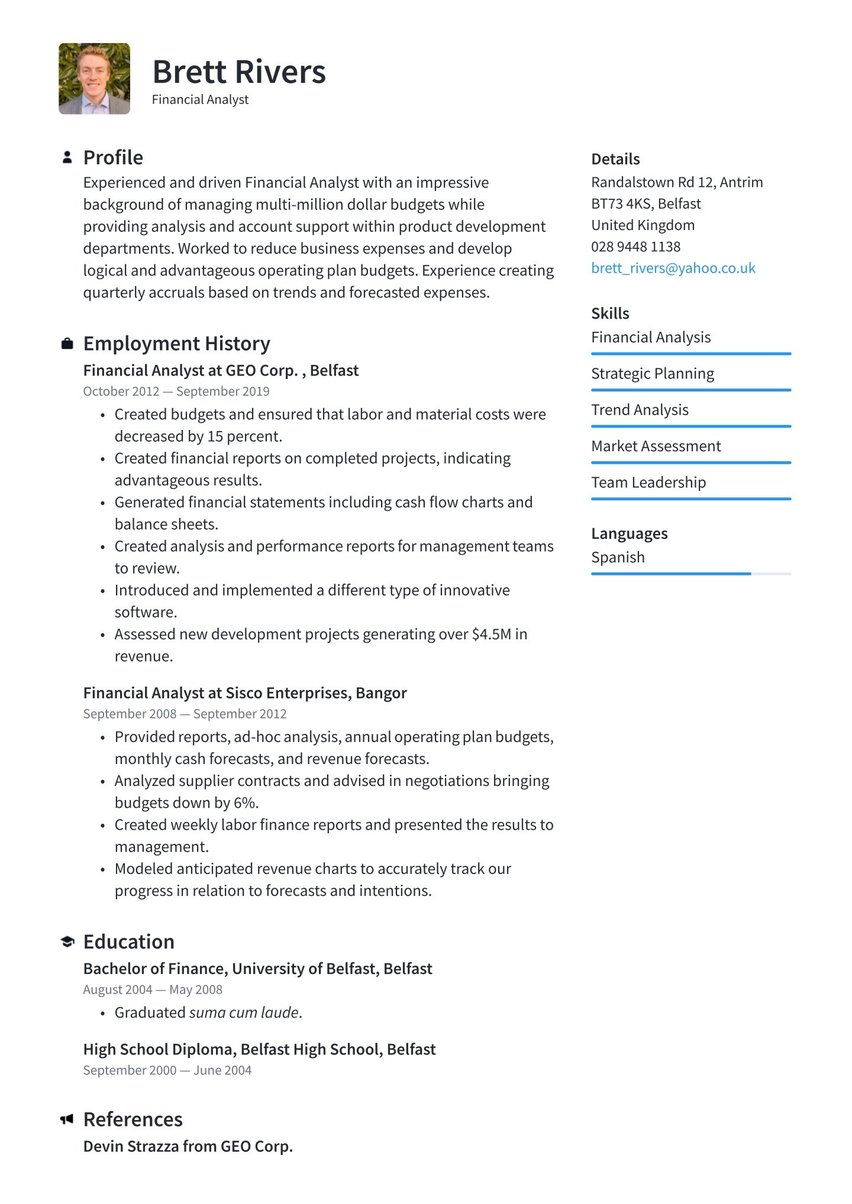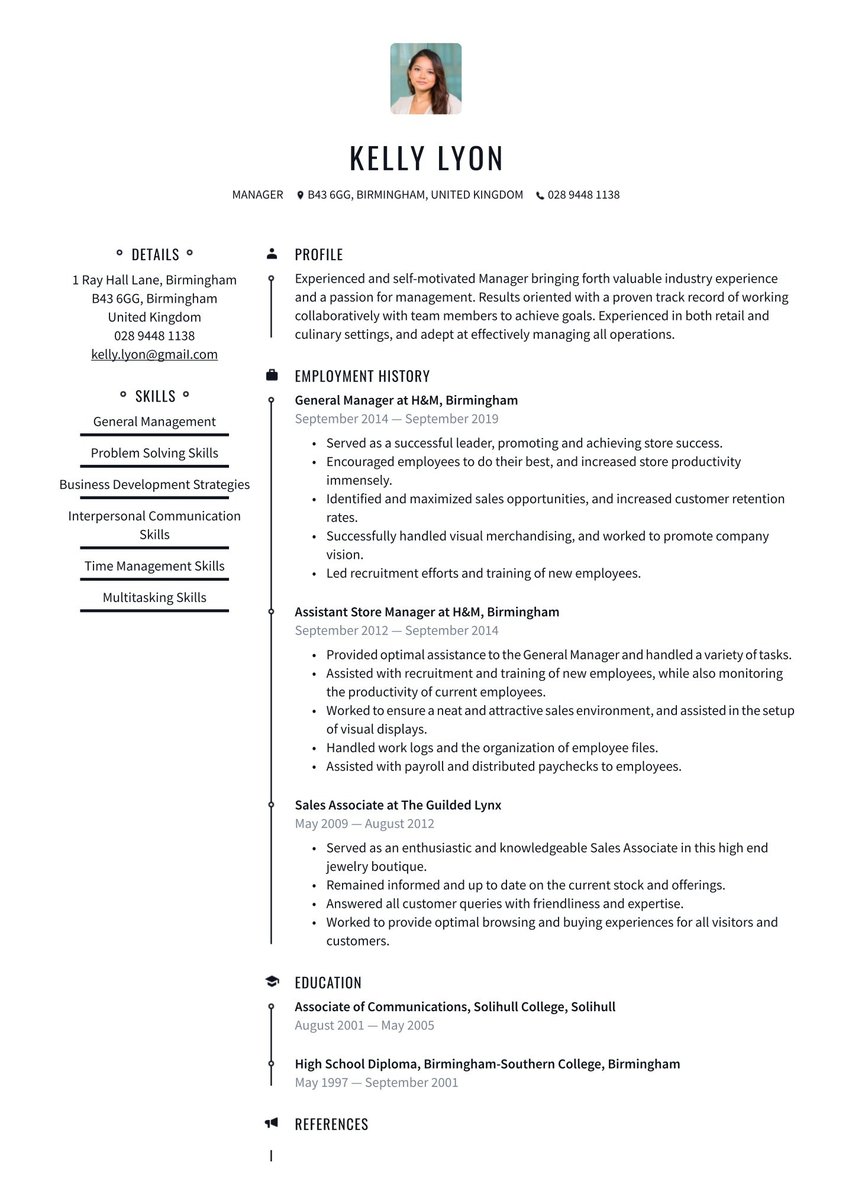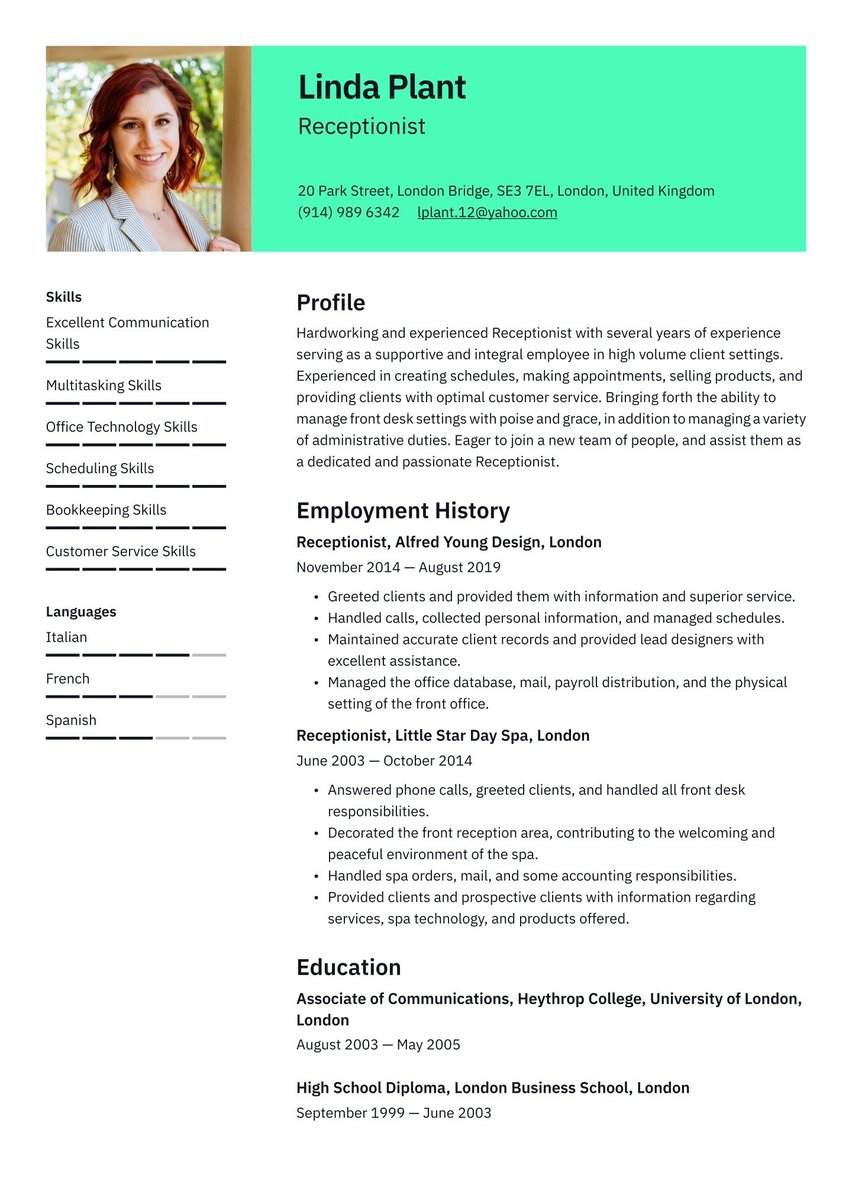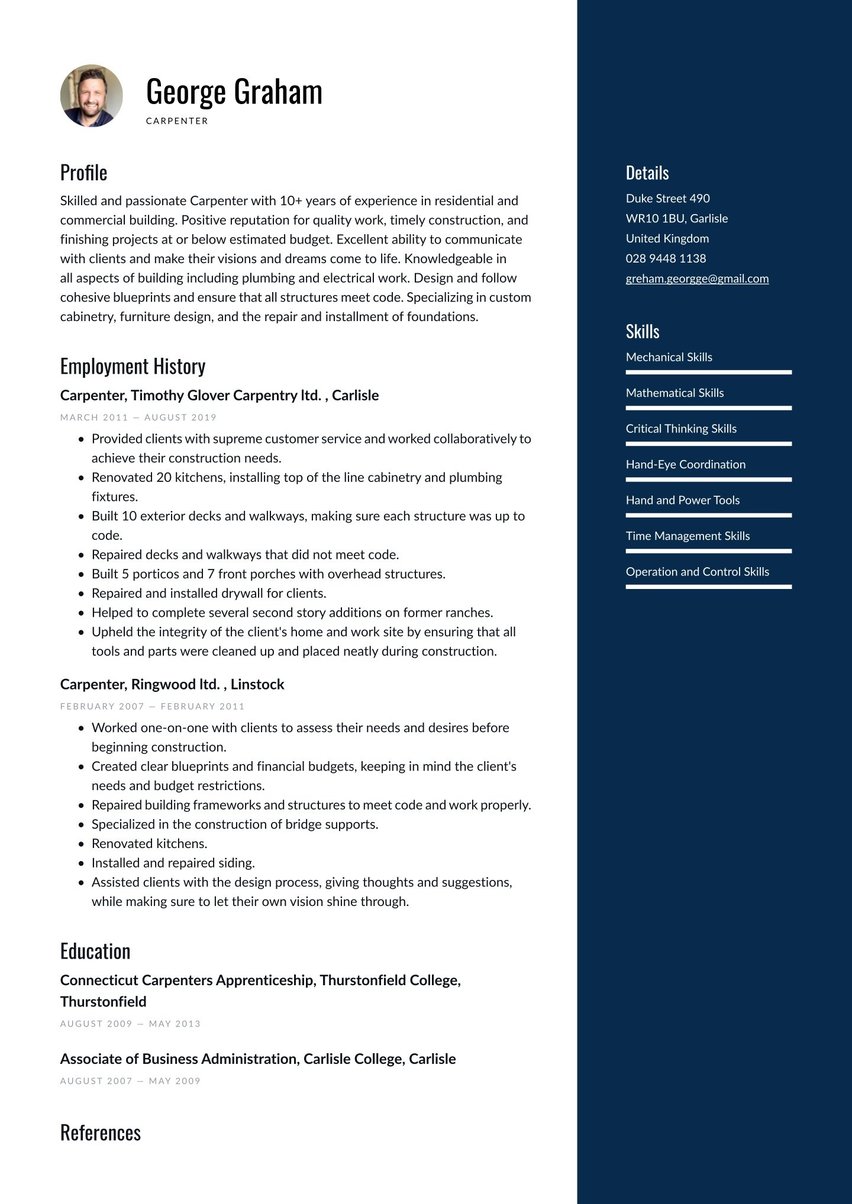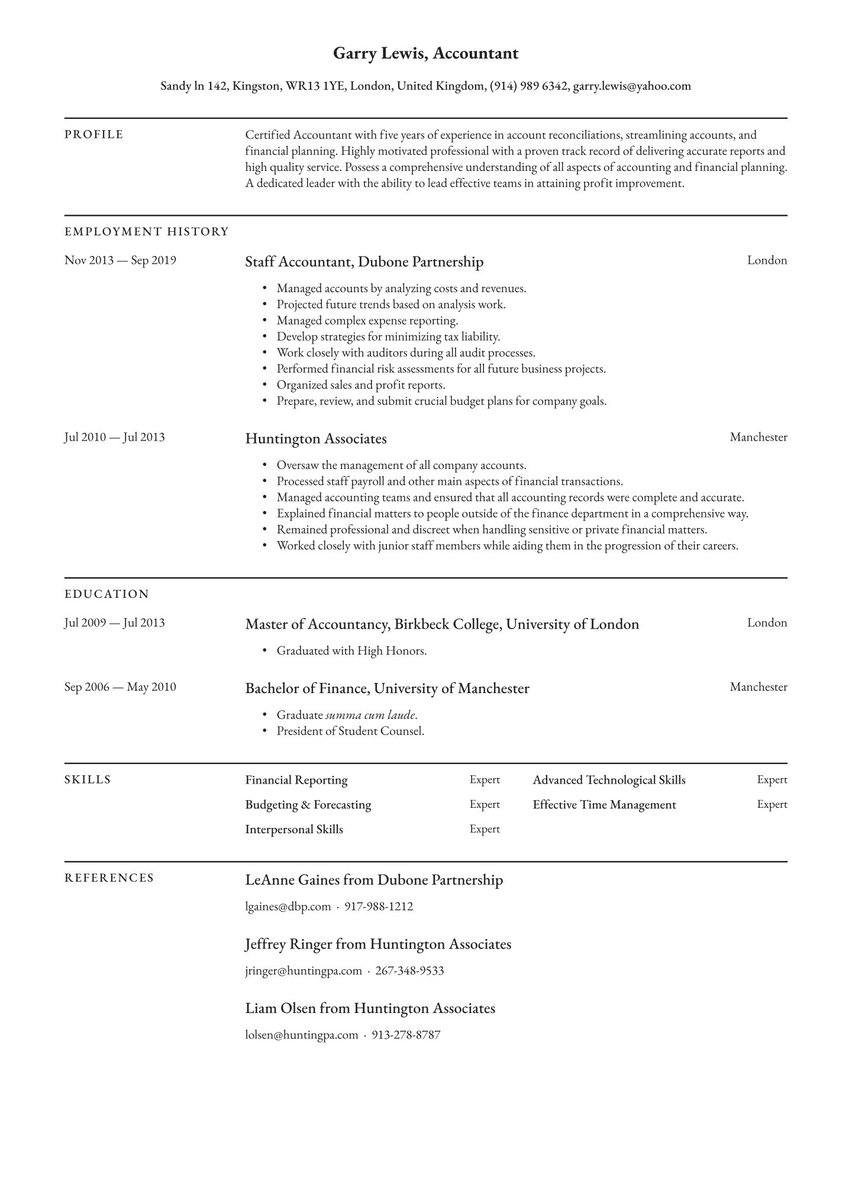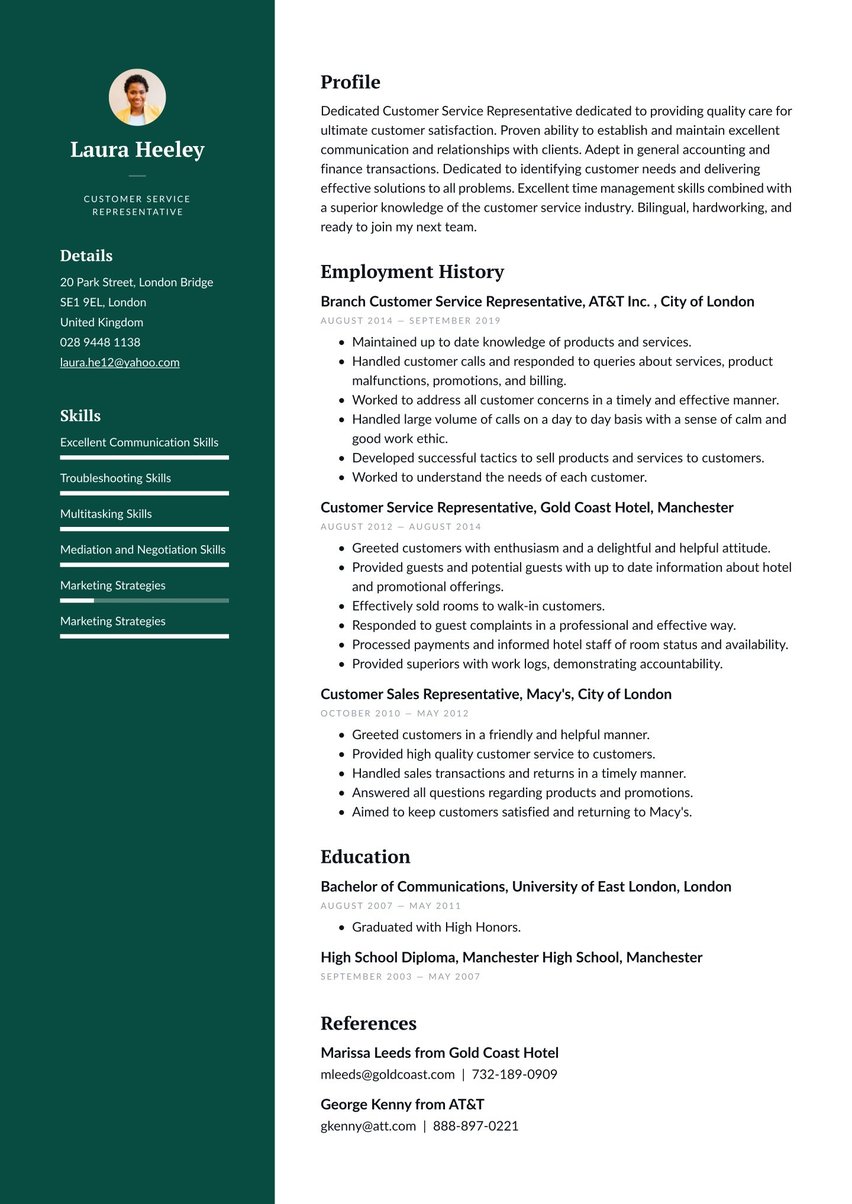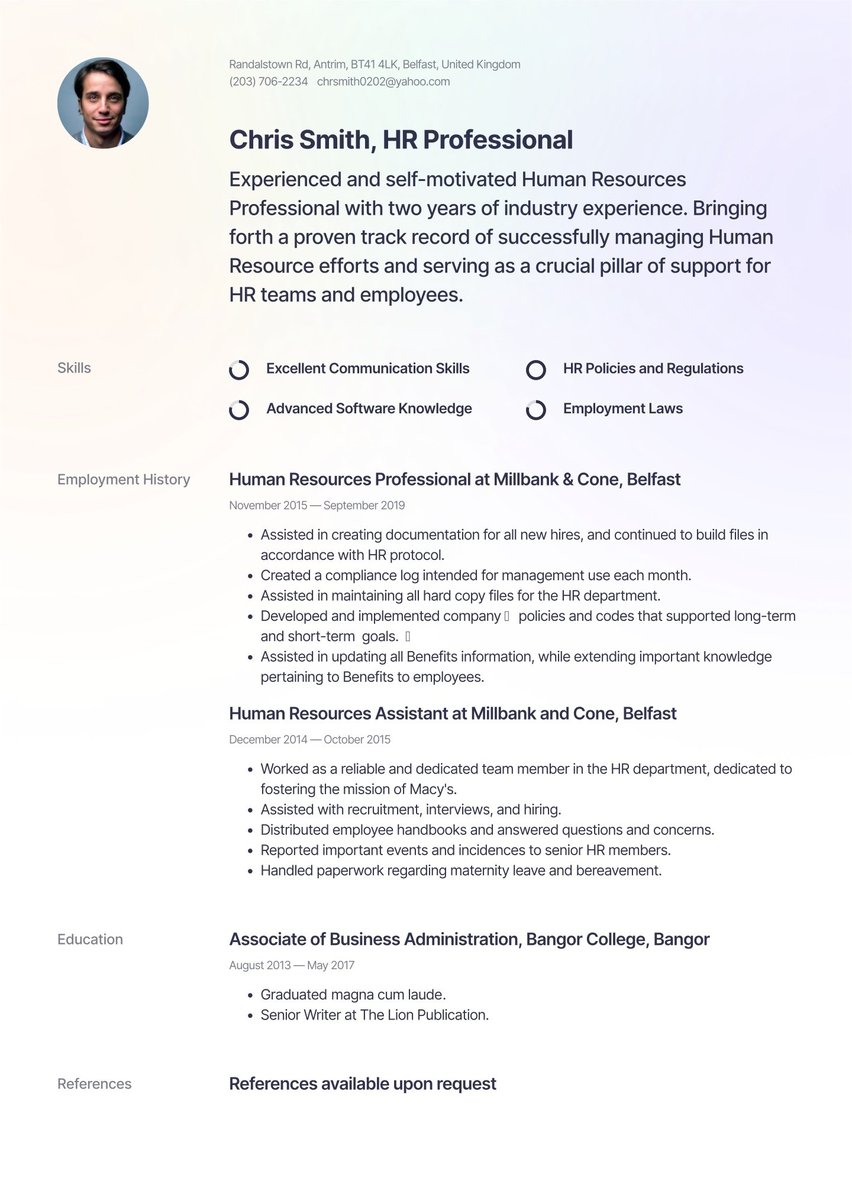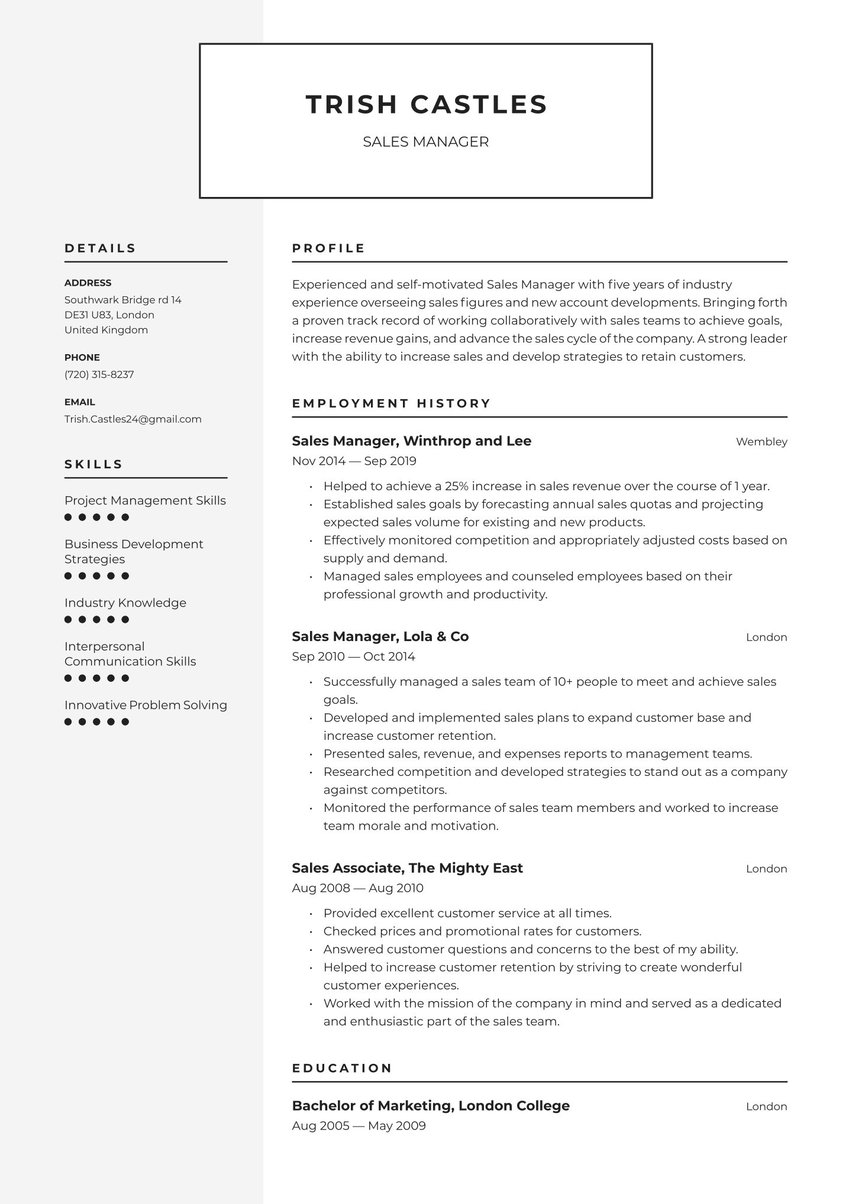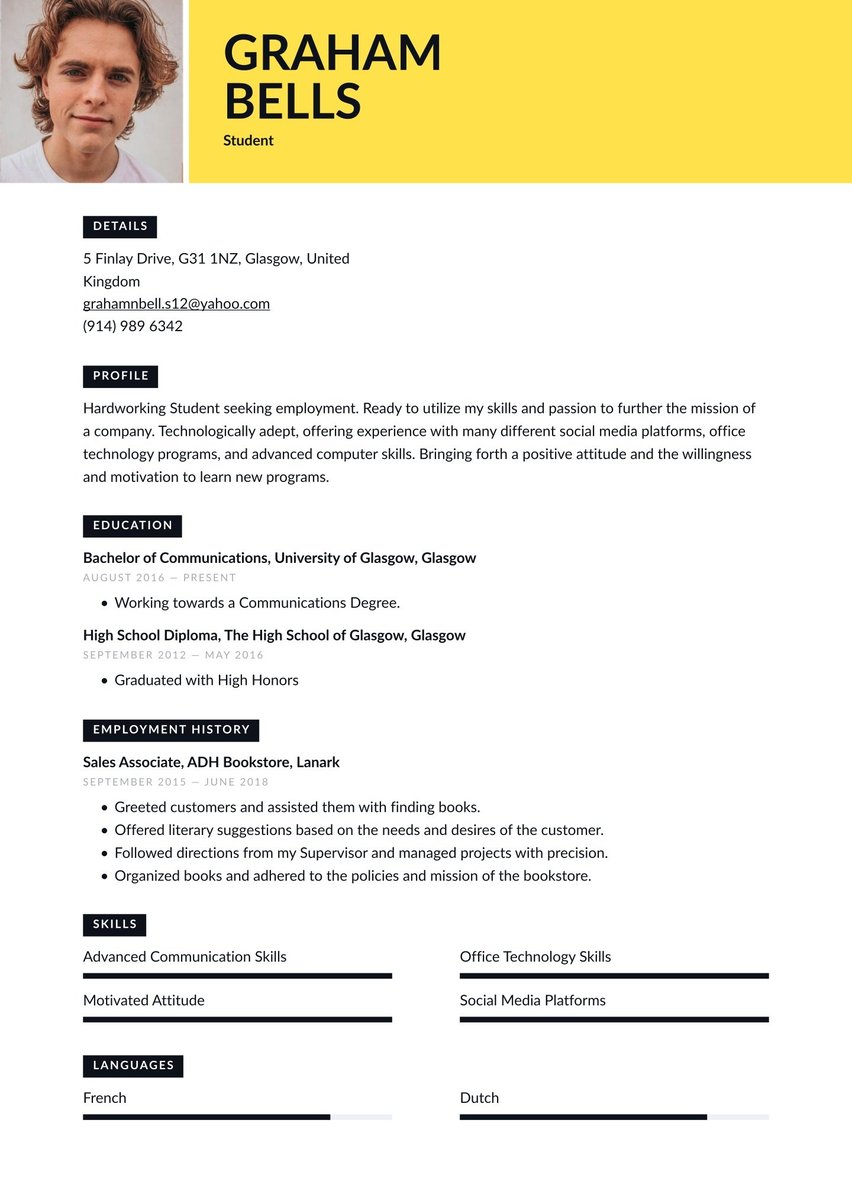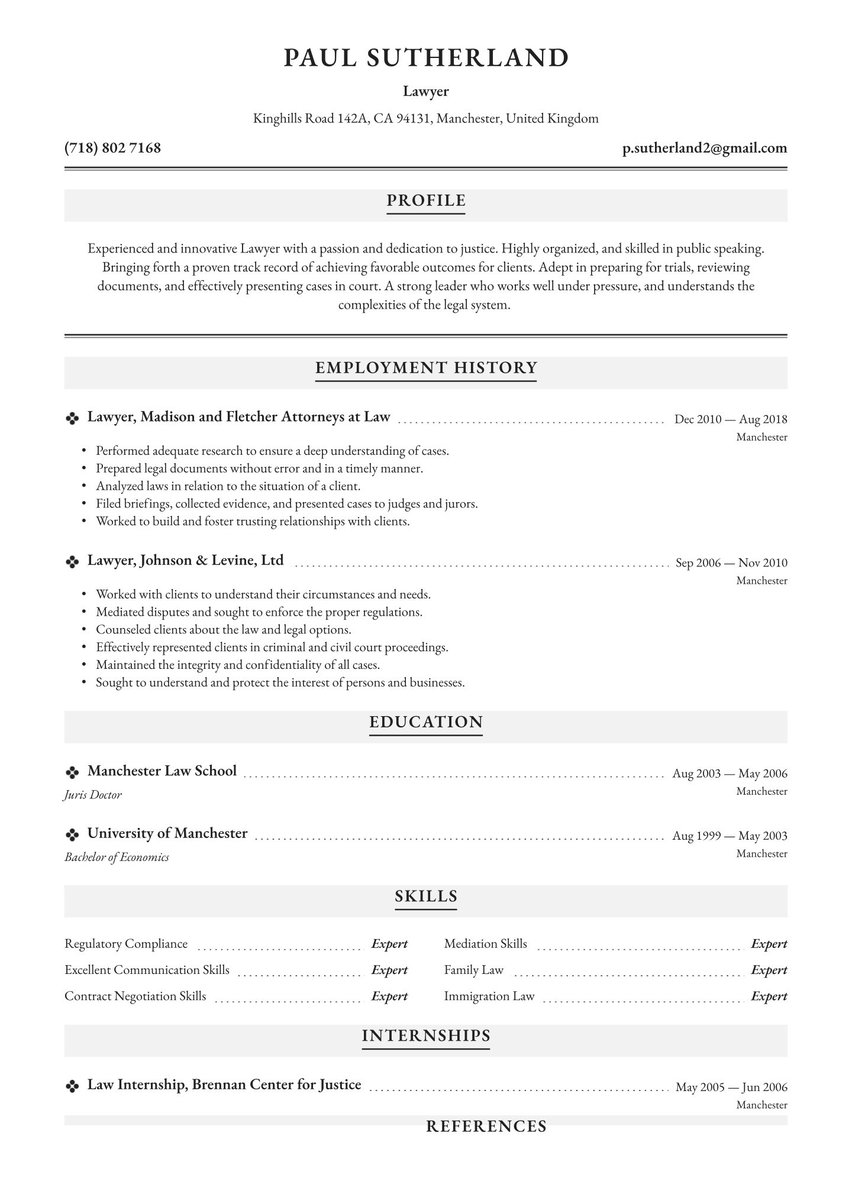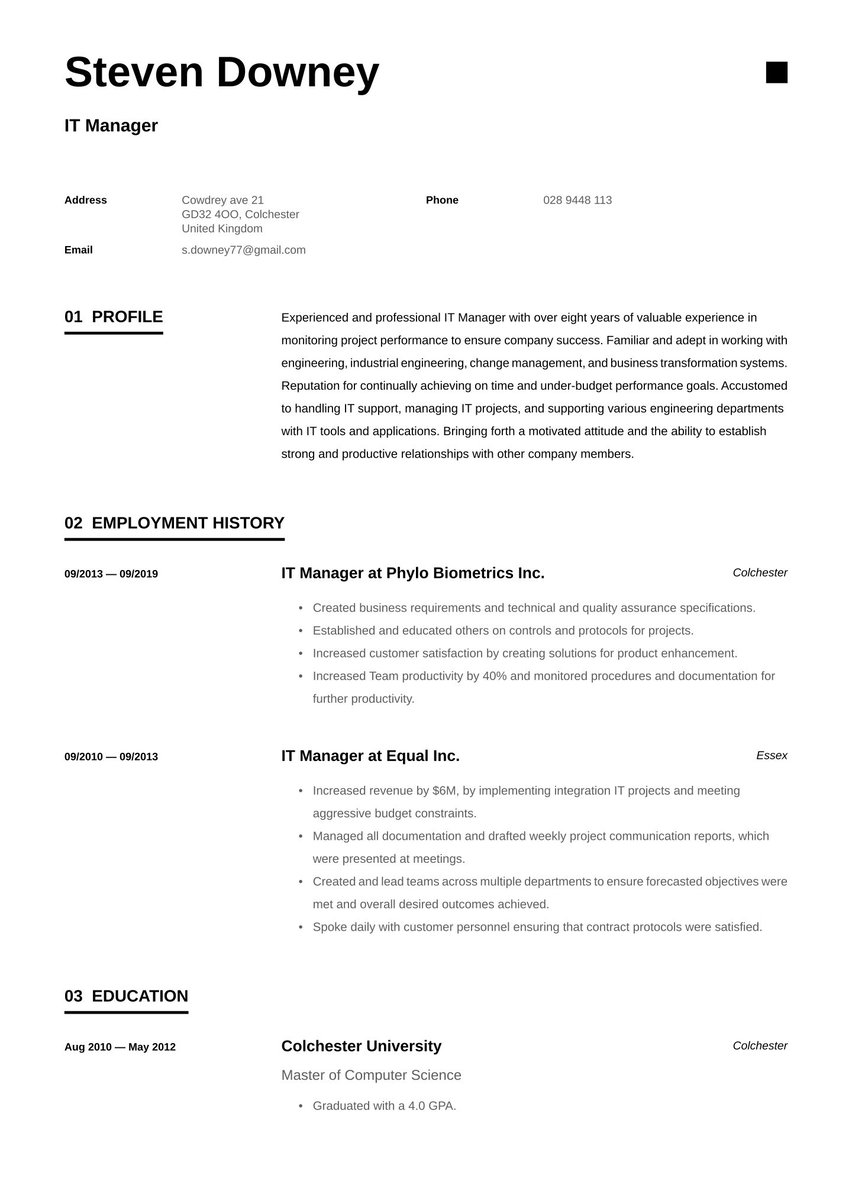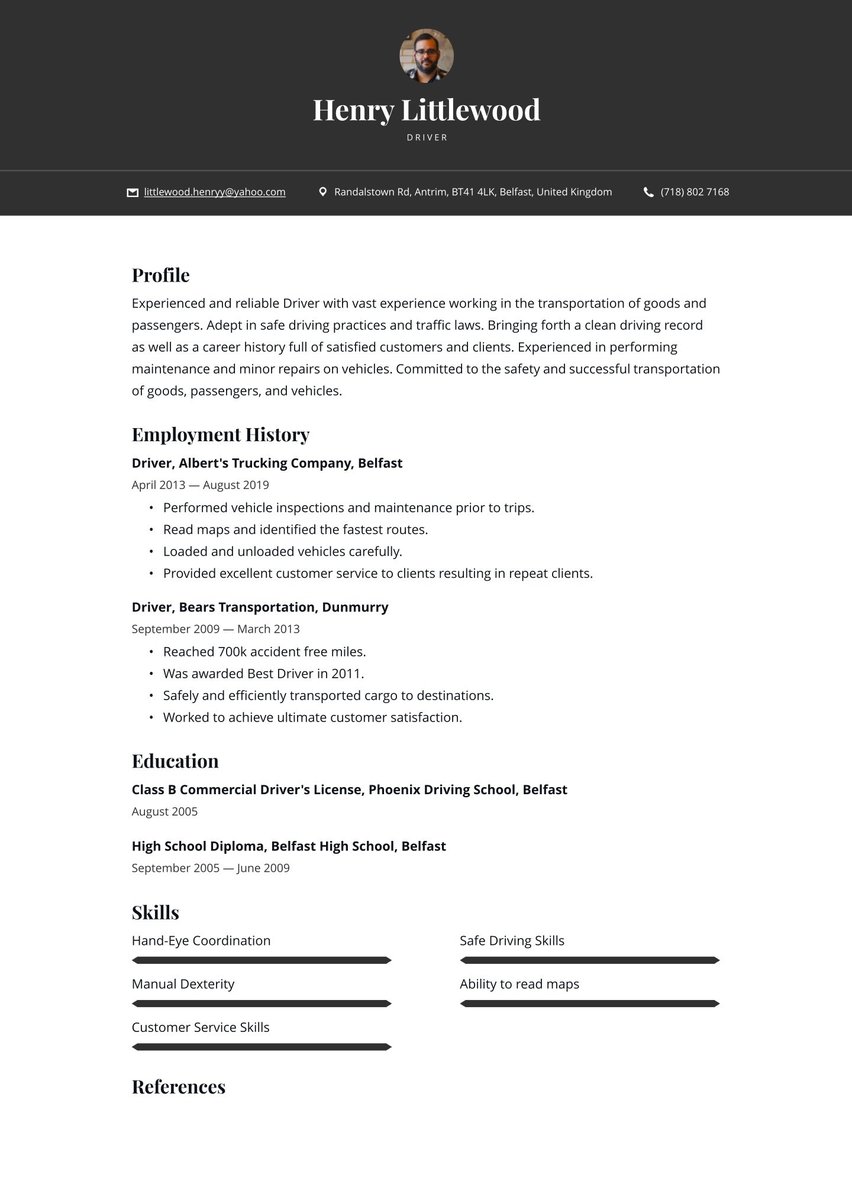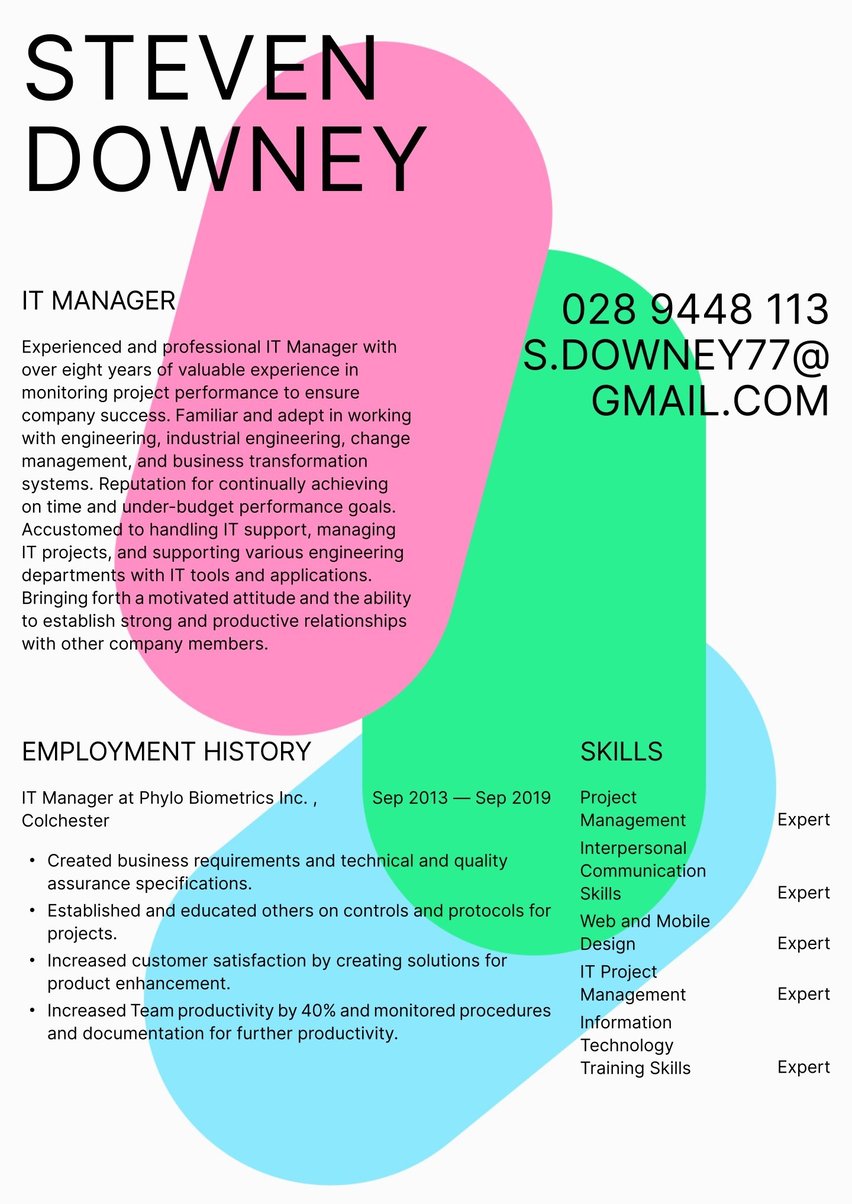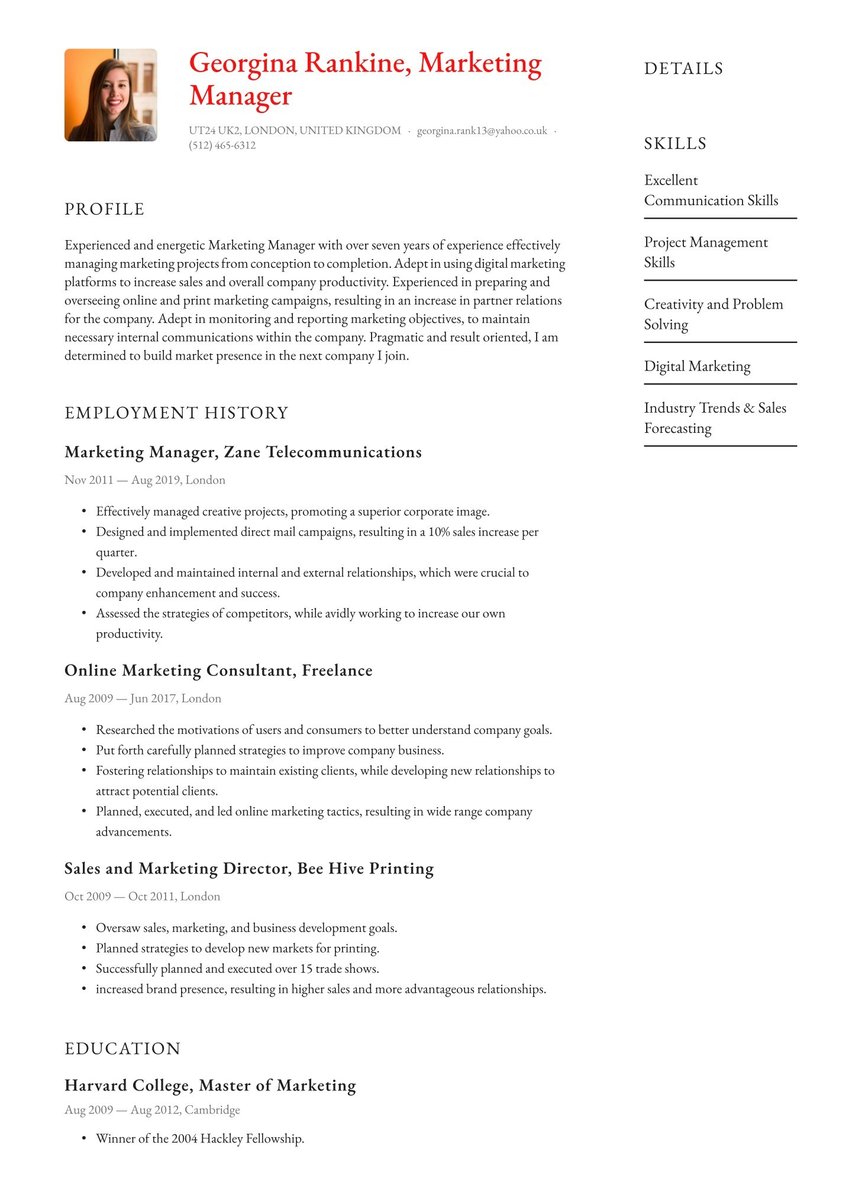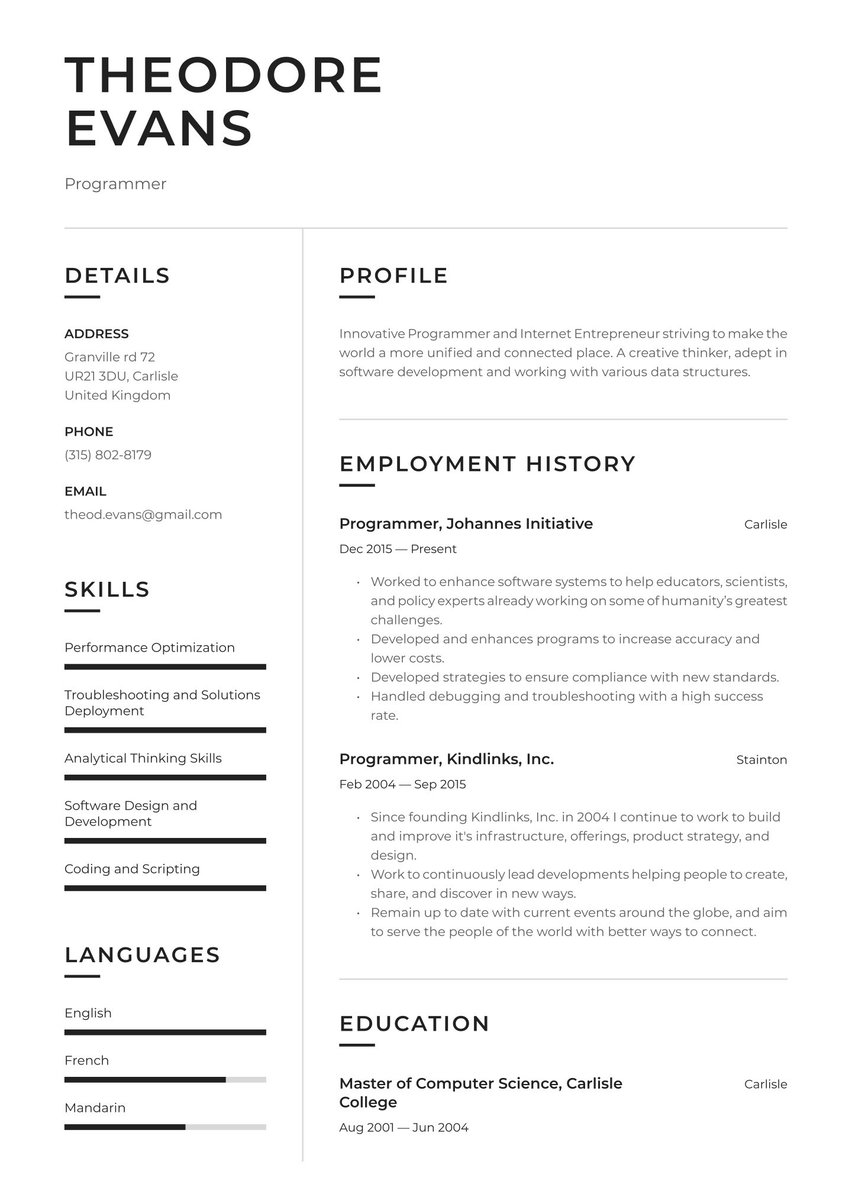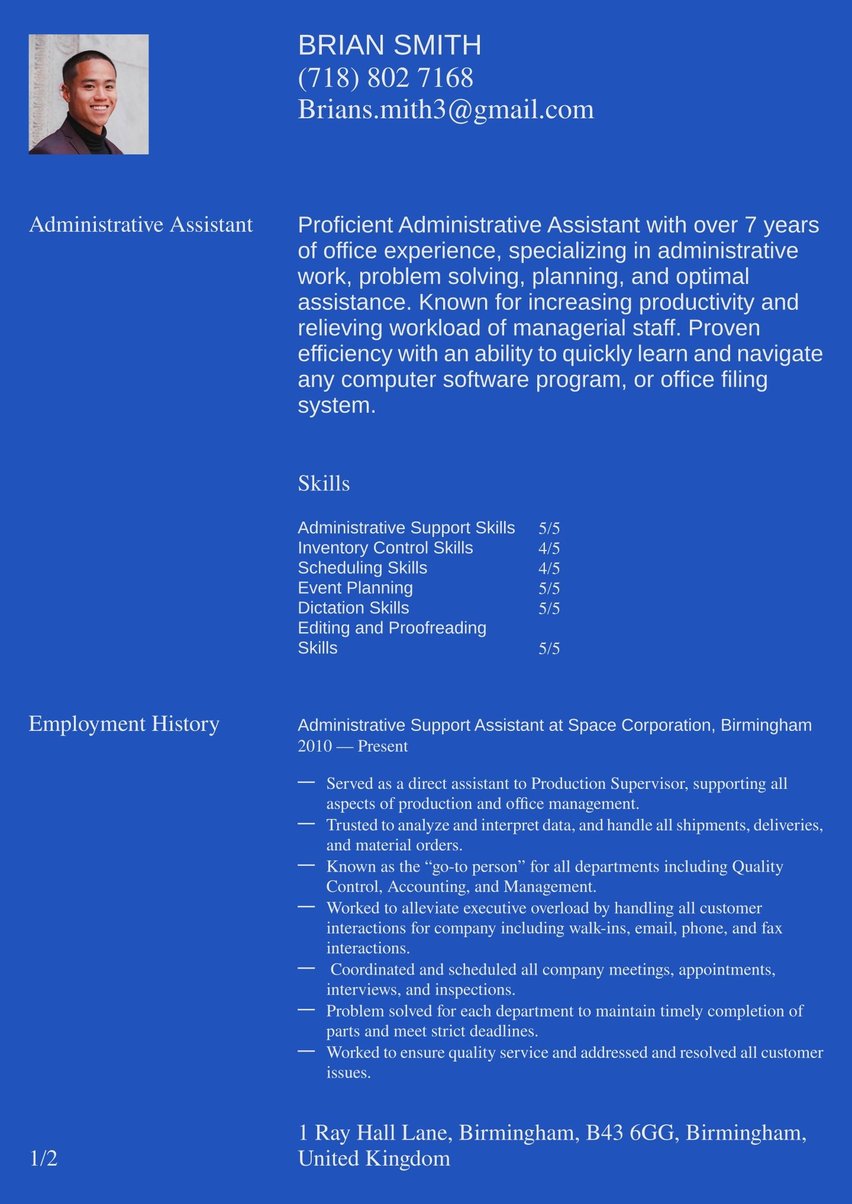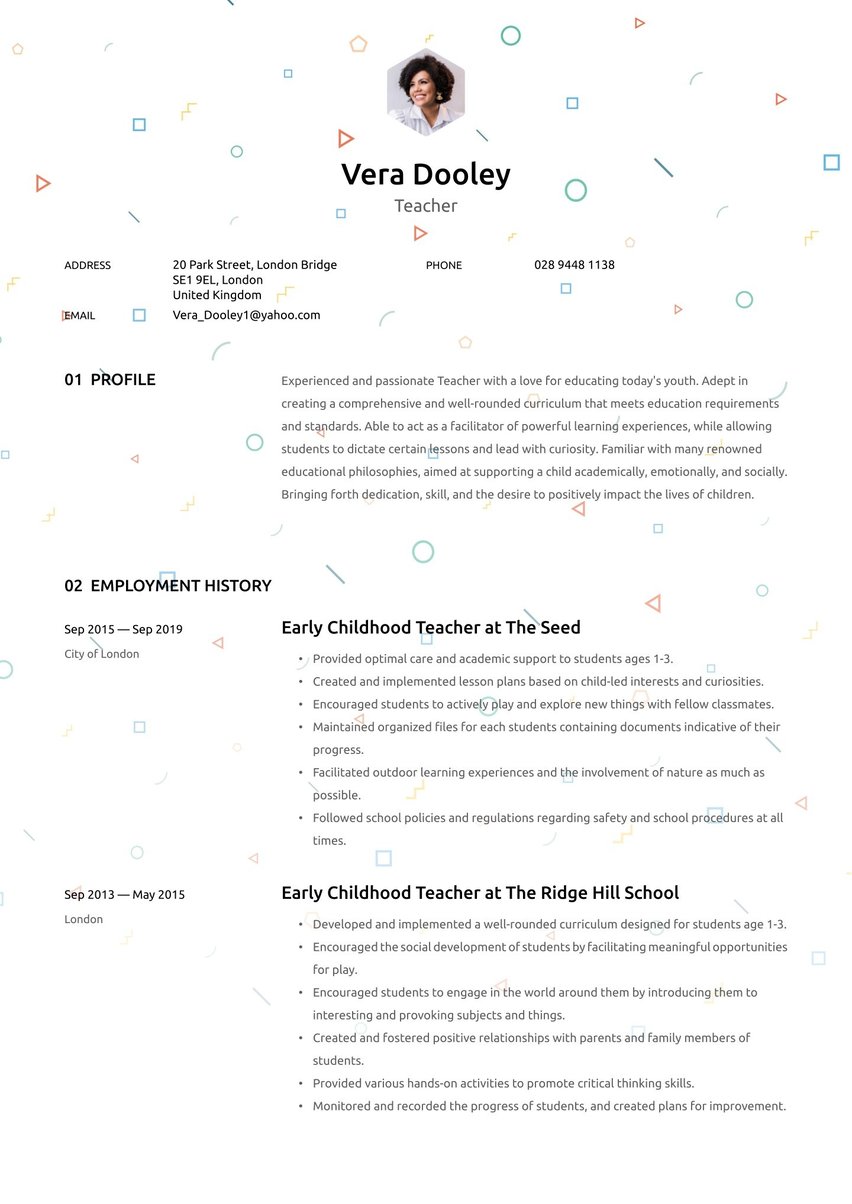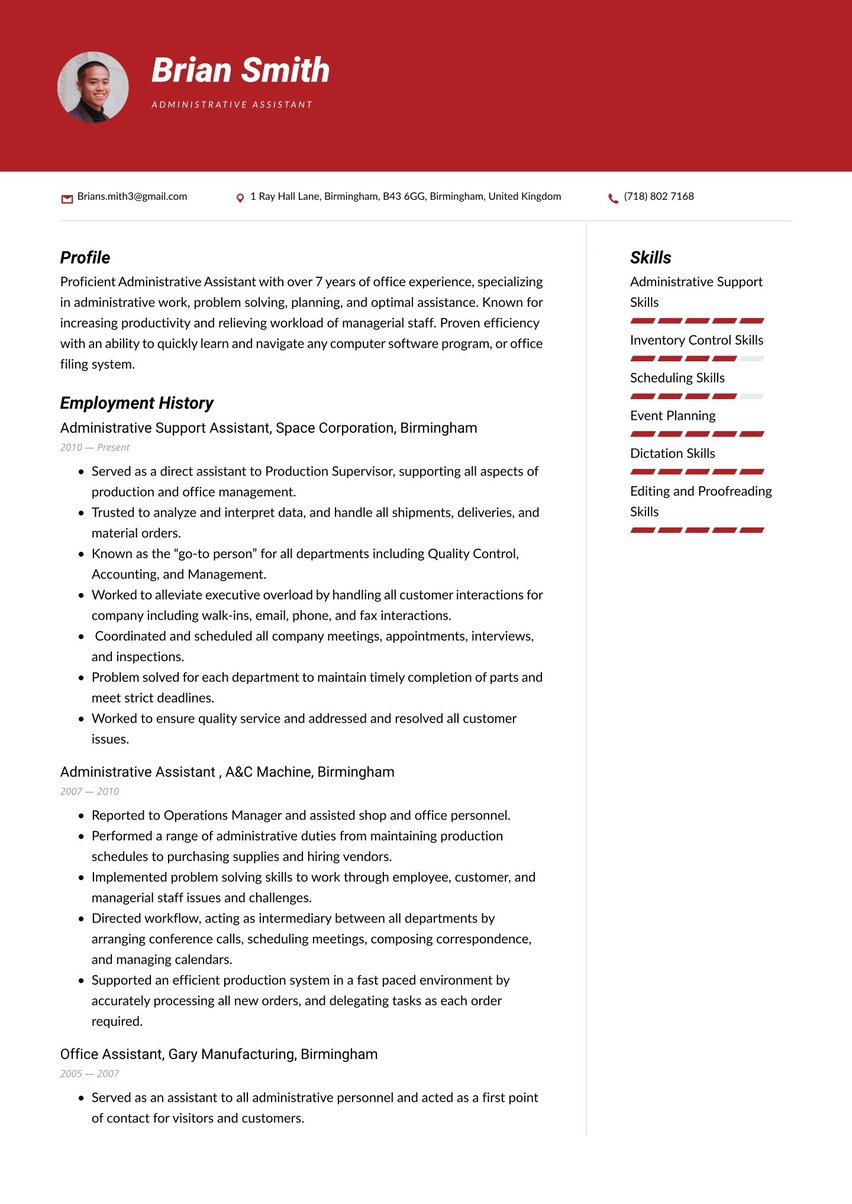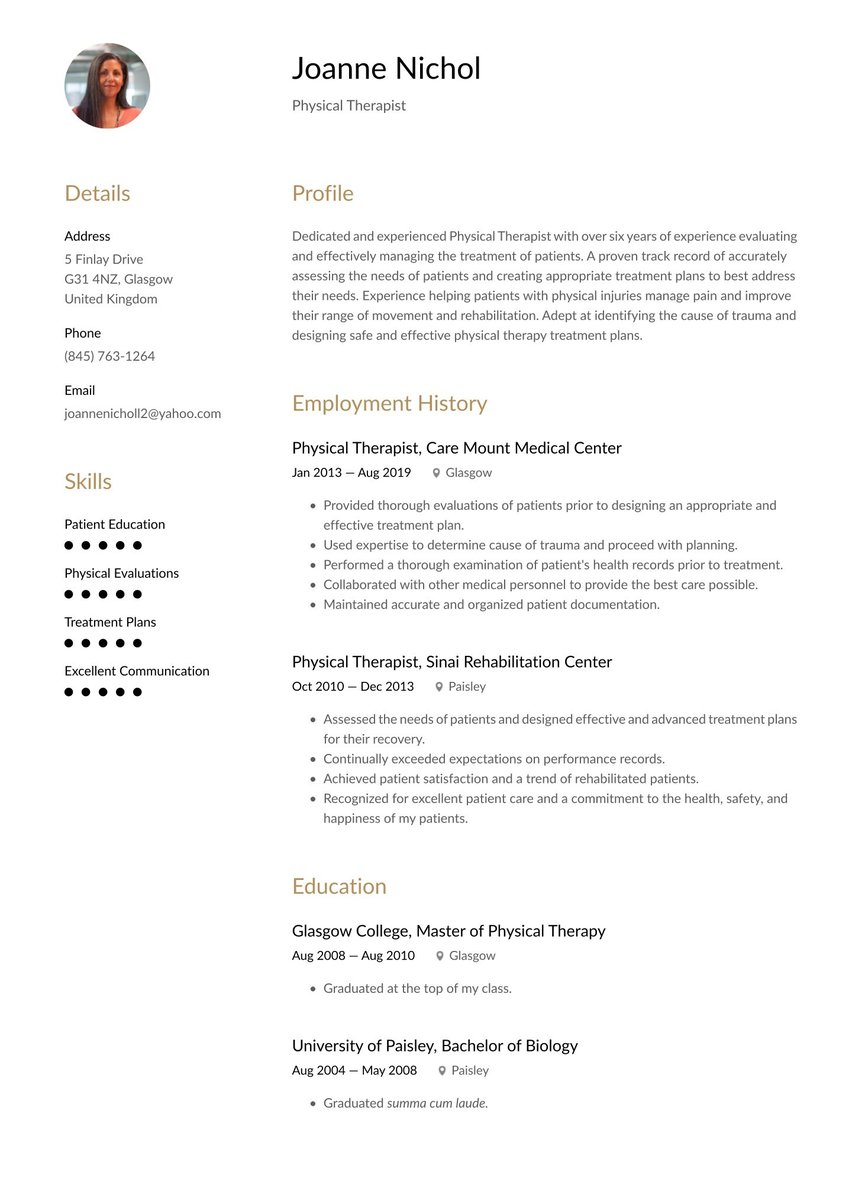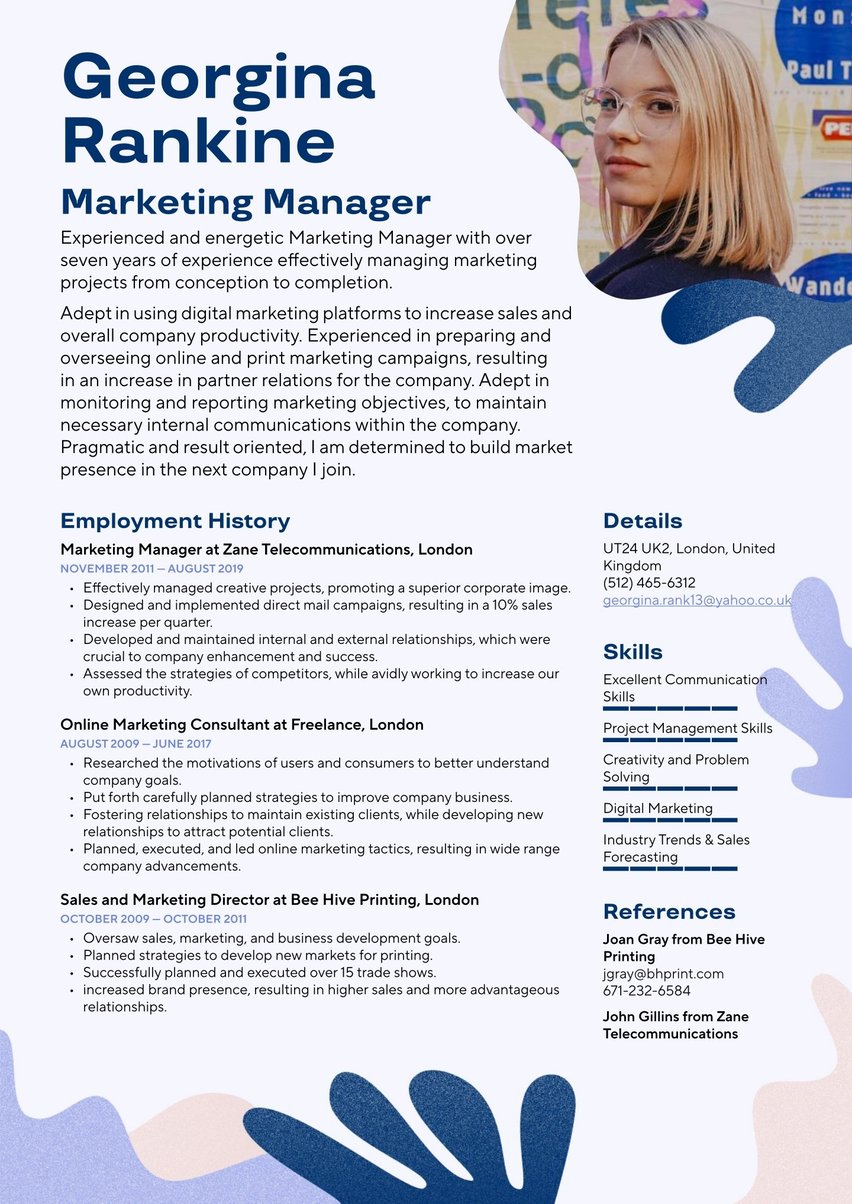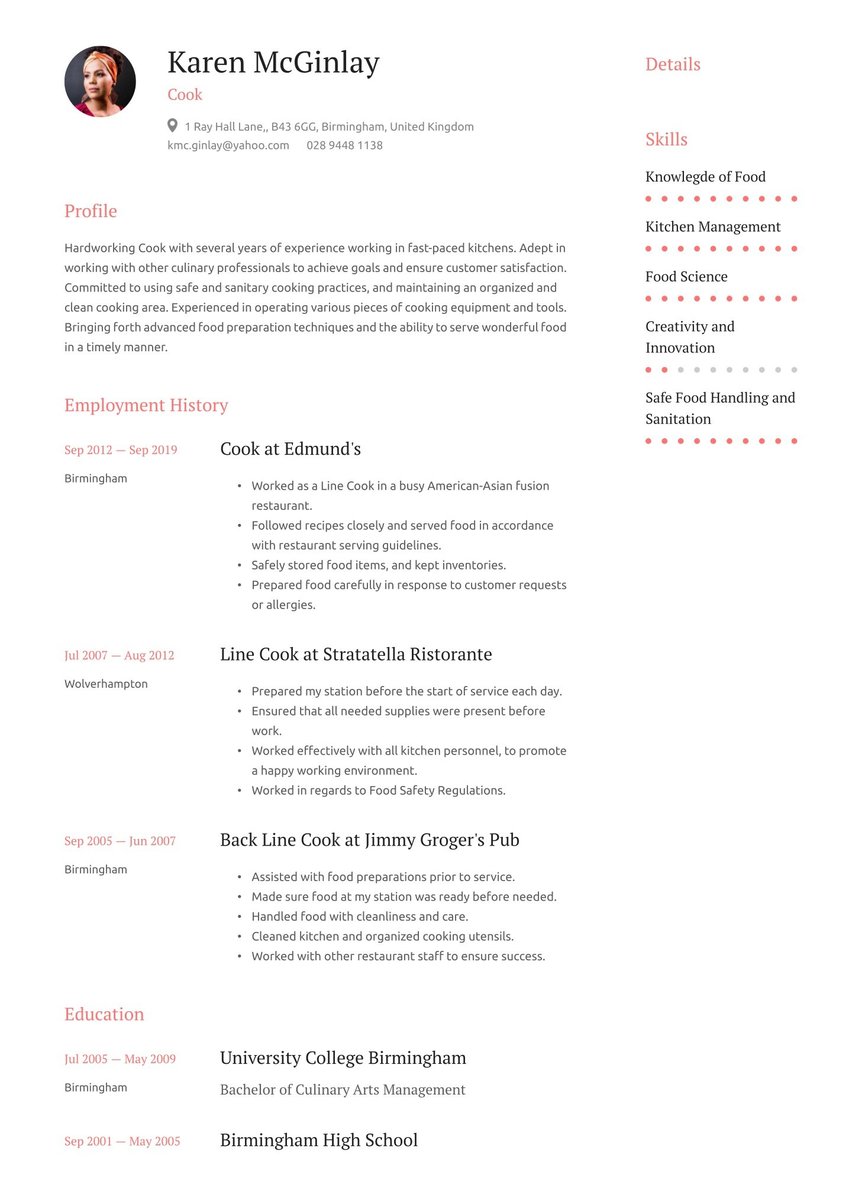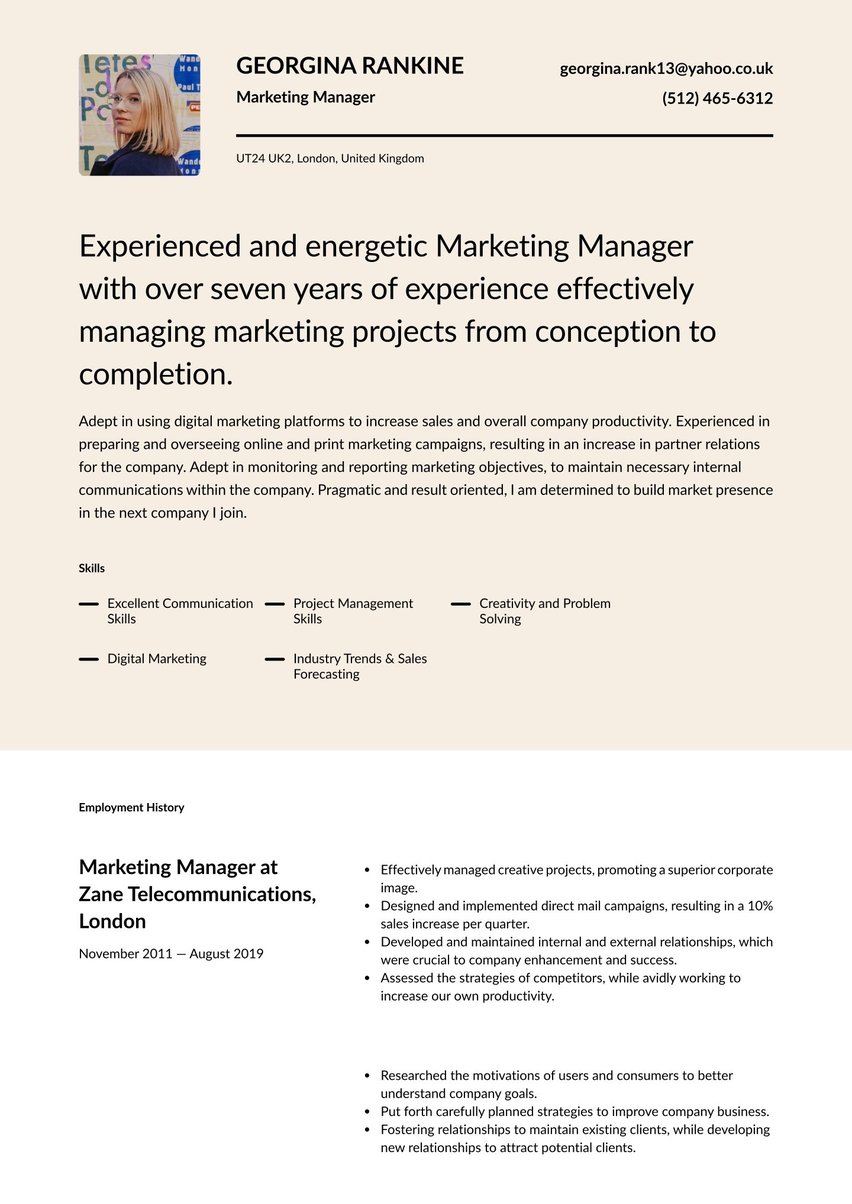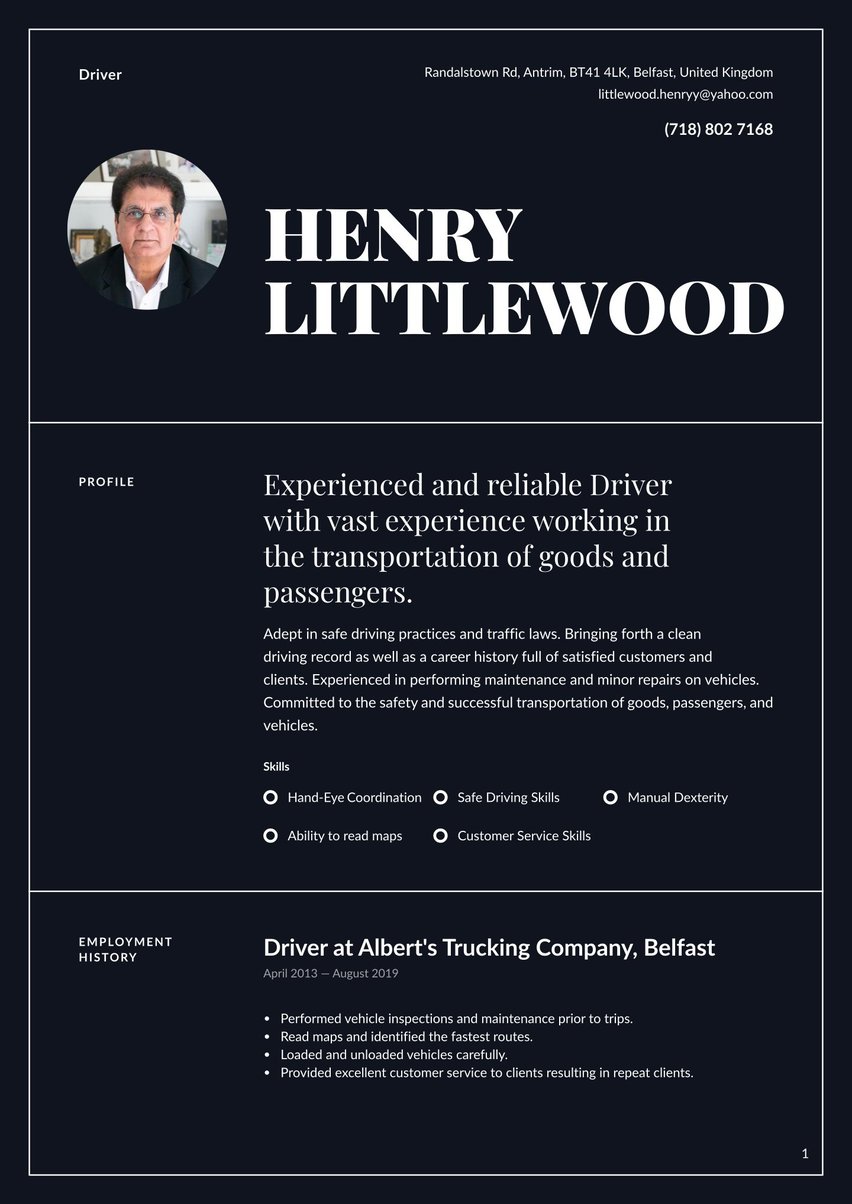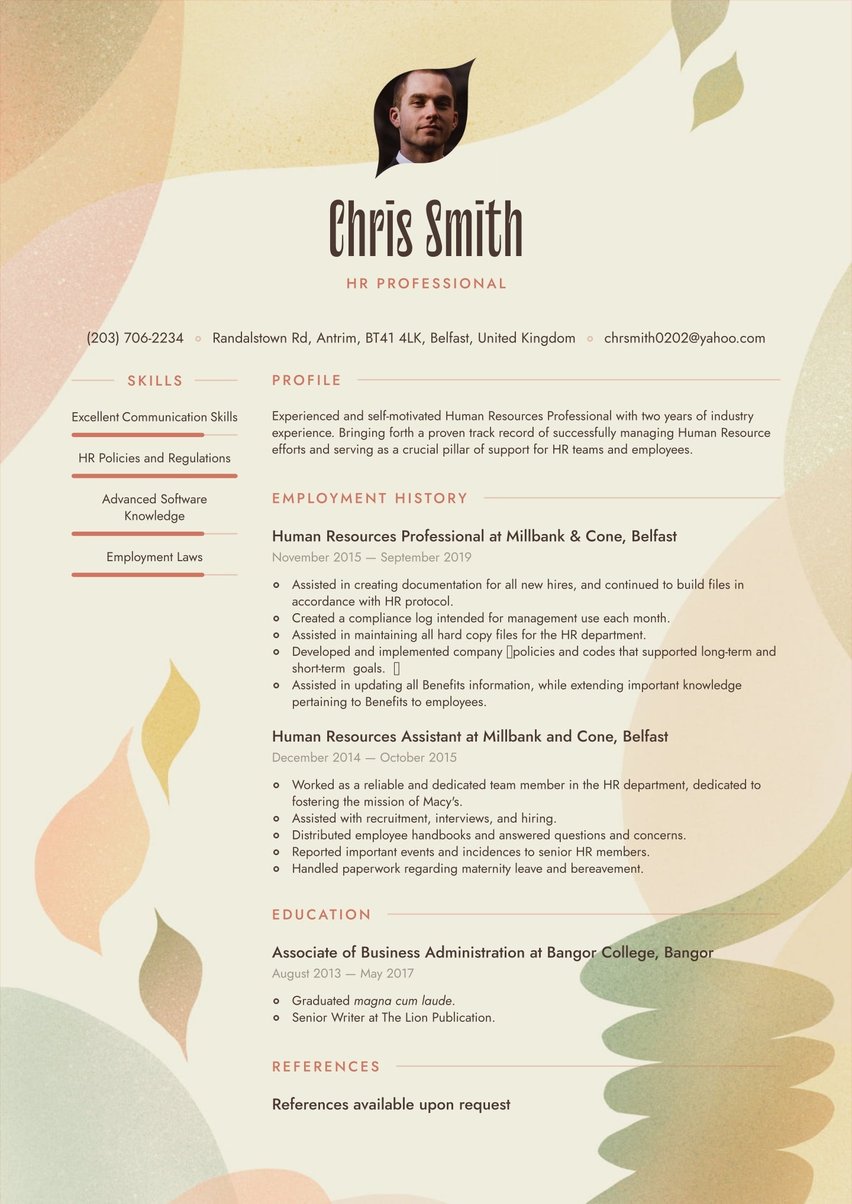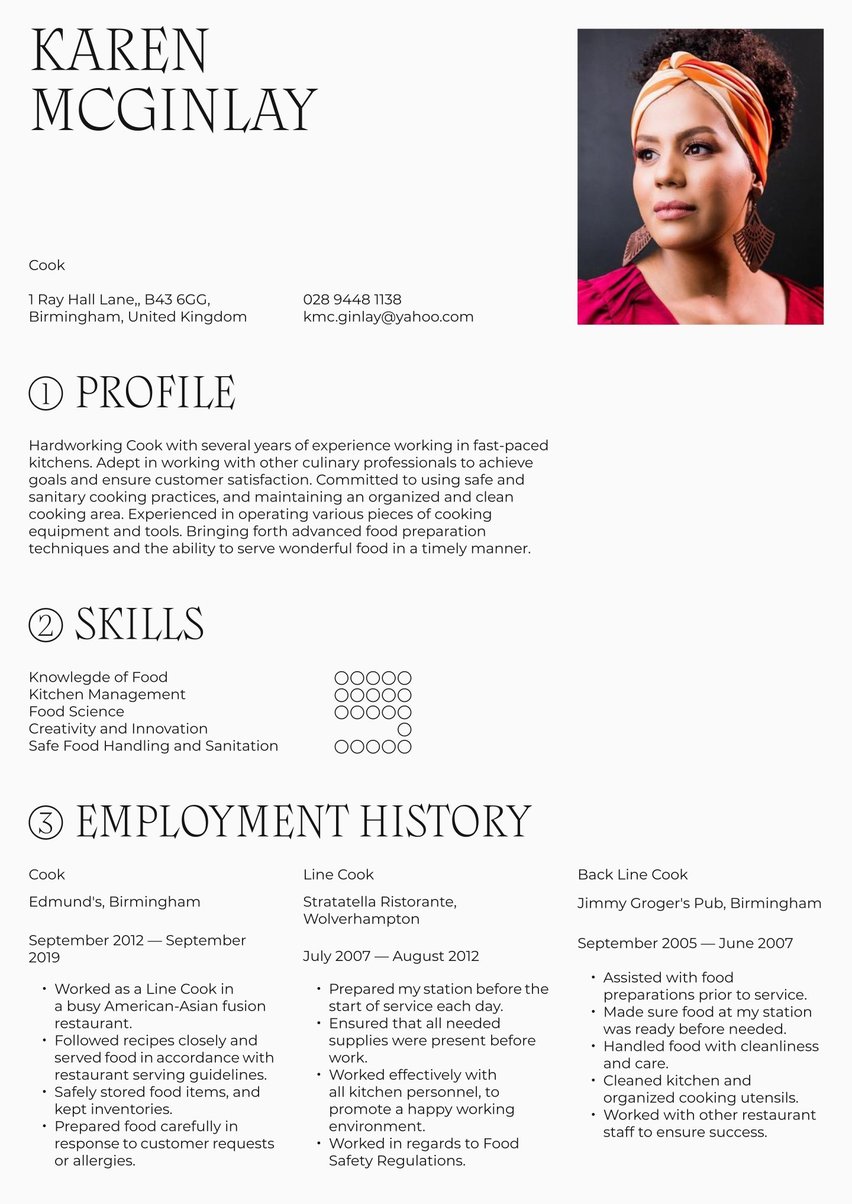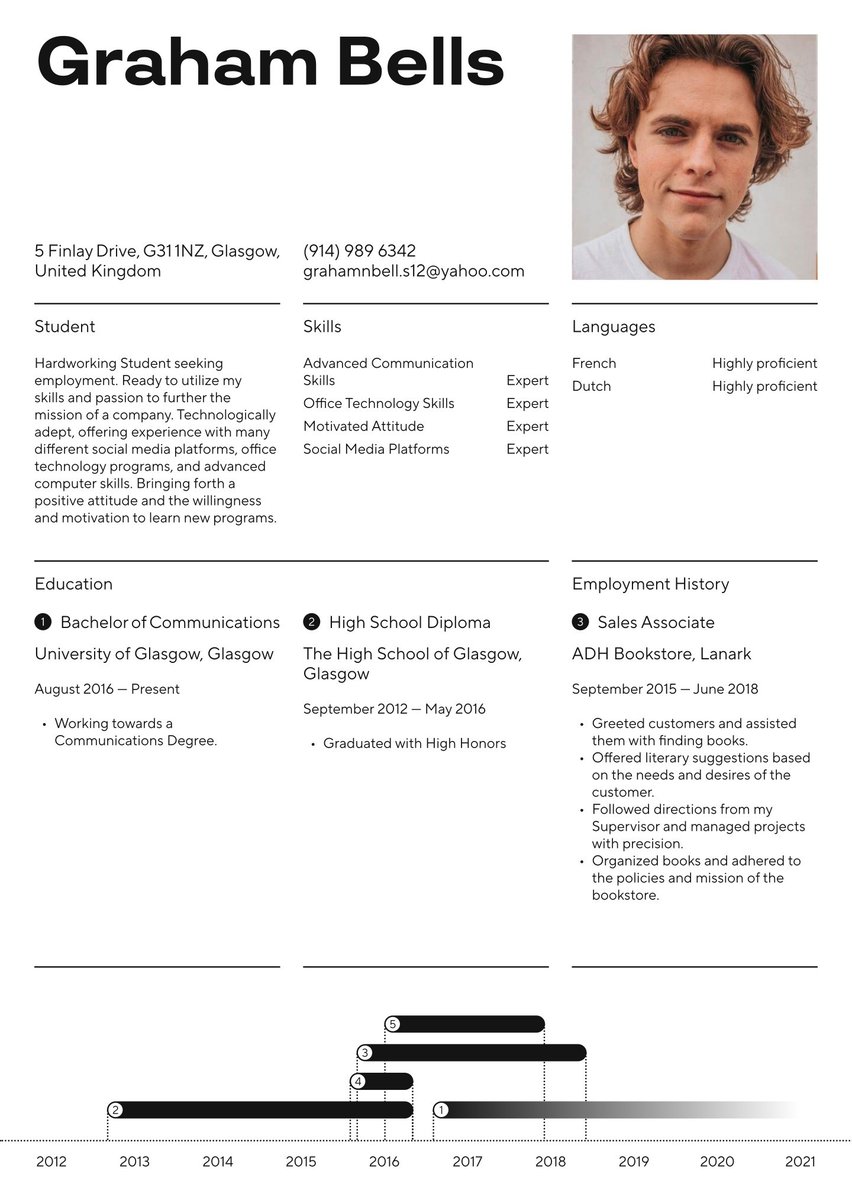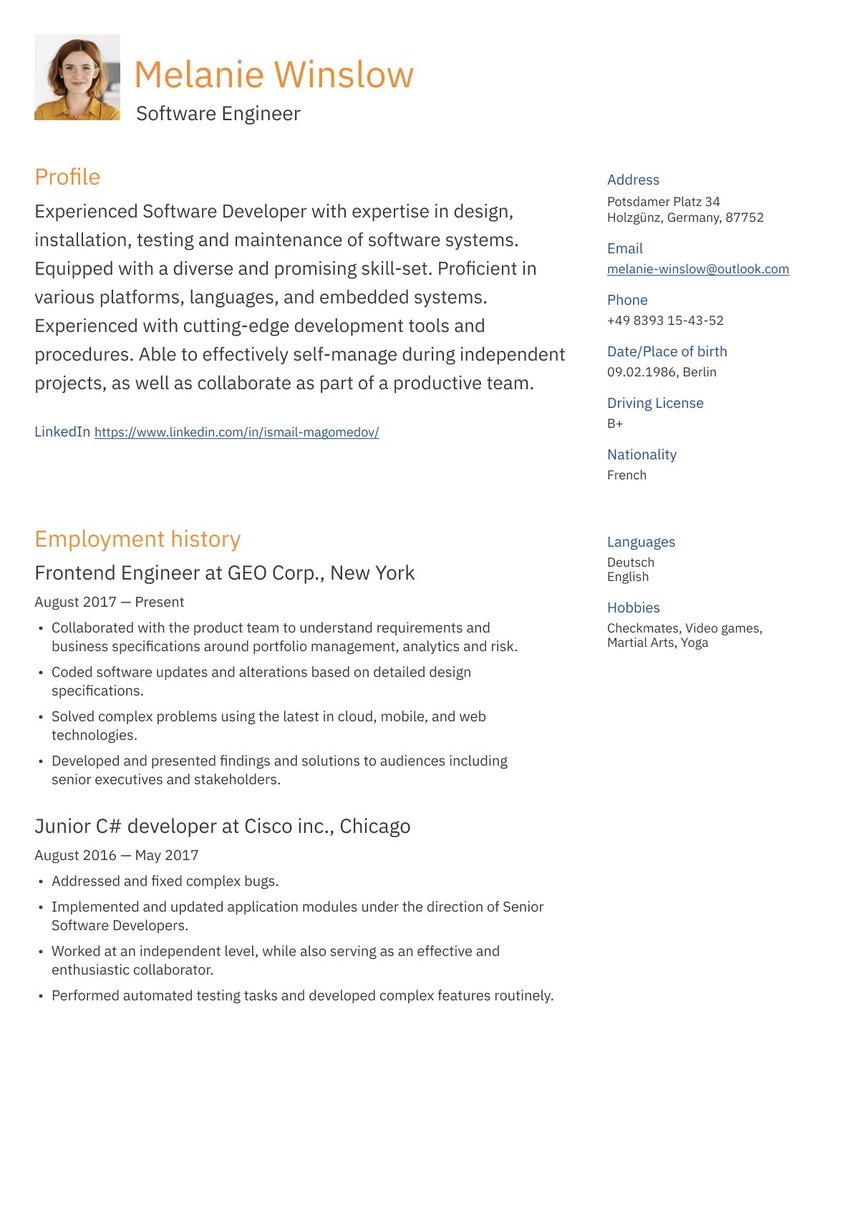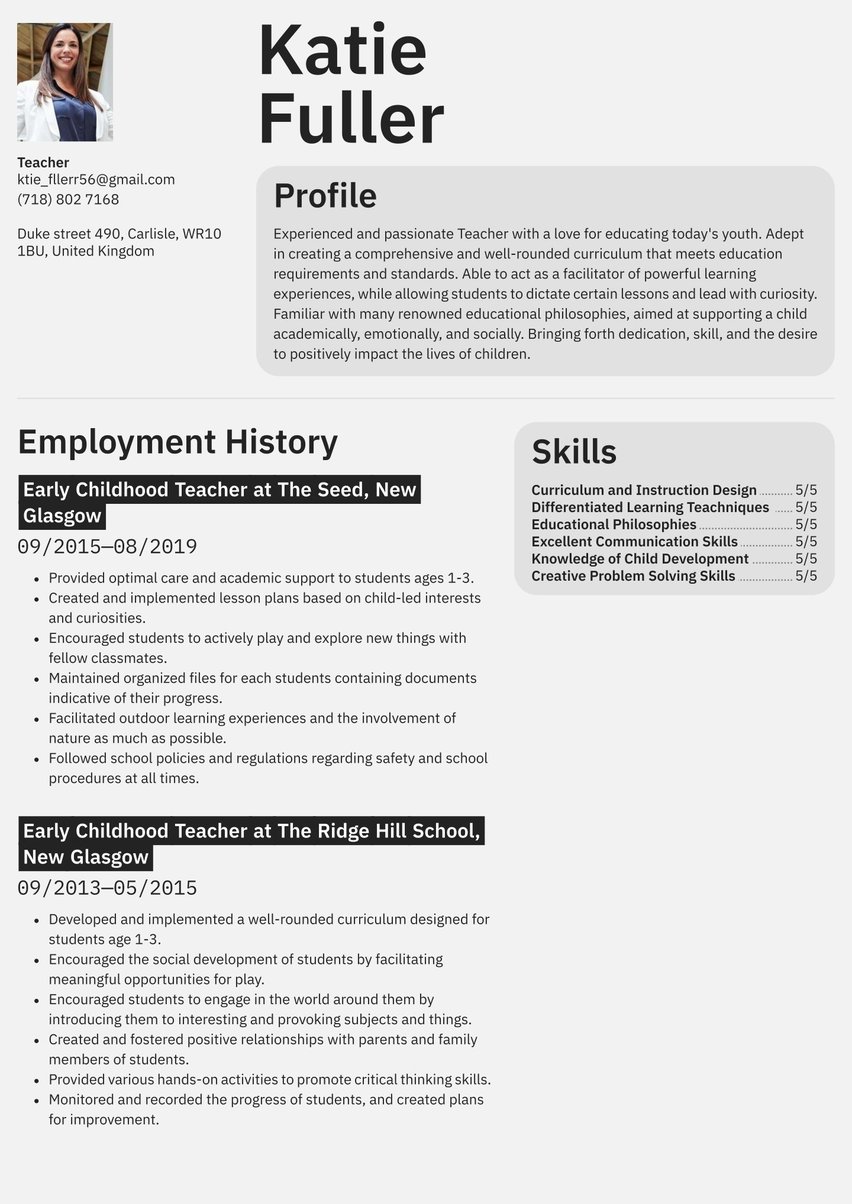Diligent and detail-oriented research assistant with 3+ years of experience supporting academic projects in psychology and neuroscience. Skilled in data collection, analysis, literature reviews, and project coordination. Proven track record of contributing to successful research publications and presentations. Strong critical thinking, problem-solving, and communication abilities. Passionate about advancing scientific knowledge through meticulous research support.
09/2019 - present, Research Assistant, University of Leeds, Department of Psychology, Leeds
- Assist in designing and conducting experiments, surveys, and interviews
- Compile and analyze datasets using SPSS and Excel
- Conduct thorough literature reviews and synthesize findings
- Draft research papers, reports, and presentations
- Coordinate project timelines, meetings, and communications
01/2018 - 08/2019, Undergraduate Research Assistant, University of Leeds, Department of Neuroscience, Leeds
- Supported neuroimaging research on cognitive aging
- Recruited and screened study participants
- Collected and organized MRI and behavioral data
- Assisted with data preprocessing and statistical analyses
09/2019 - 09/2020, MSc Psychology, University of Leeds, Leeds
09/2015 - 07/2018, BSc (Hons) Neuroscience, University of Leeds, Leeds
First Class Honours
- Research Design and Methodology
- Data Collection and Analysis (SPSS
- Excel
- R)
- Literature Reviews and Synthesis
- Scientific Writing and Presentation
- Project Coordination and Time Management
As a research assistant, you’ll likely have the scientific skills and expertise you need to showcase in your CV and it can be difficult to present this without getting over complicated.
First impressions count. A jargon-filled CV, that includes intricate details of research projects may fall at the first hurdle, particularly if this is screened first by a recruiter or HR manager.
Whether you’re targeting a role in a university, research institute, or private organisation, your CV needs to highlight your stellar analytical skills, meticulous attention to detail, and contributions to cutting-edge research. But it also needs to be easily digestible and appealing.
Don’t worry, we can help! If you’re a research assistant seeking to take the next step in your career, use our CV example and expert writing guide to make that move.
CV guide for a research assistant CV
Accelerate success with Resume.io. Our guides and CV examples span over 150 professions, and if you need help creating a convincing CV our CV builder makes this easier than ever.
This CV guide and corresponding research assistant CV example will cover the following:
- How to write a research assistant CV
- Choosing the right CV format for a research assistant
- How to add your contact information
- Using summaries
- Adding your research experience
- Listing education and credentials
- Picking the right CV design/layout
How to write a research assistant CV
Before writing your CV, it’s a good idea to keep the ideal structure in mind to stay on track. With few exceptions, all CVs should include these essential sections:
- The CV header
- The CV summary (aka profile or personal statement)
- The employment history section
- The CV skills section
- The education section
Similar to generating a high-quality research report, your CV needs to present relevant information in a clear, concise, and professional format. Resist the urge to dive straight into writing a CV without much preparation. Apply your research skills to learn more about the role, company, and team so you can ensure your CV highlights the right research credentials.
Presenting yourself as the best candidate is critical. Here’s how:
- Draw attention to your strengths and accomplishments across your CV. What have you achieved as a research assistant? What role did you play in specific research projects? Were you awarded any leadership responsibilities?
- Highlight your education and credentials. Aside from your core education, include brief details on any publications, presentations, or awards if applicable.
- Show how you’re a great fit for the research opportunity. Tailor your CV by including appropriate keywords from the job description to show that you’re uniquely qualified.
- Project your professionalism and diligence by ensuring your research assistant CV is formatted in a neat and consistent way.
Optimise keywords and beat the ATS bots
Employers receive hundreds of CVs for every job opening, so it makes sense that they use tools to speed up the hiring process. An ATS software program screens applicants based on specific keywords related to the job posting. Those that meet the criteria get through, the rest are eliminated.
For example, a research assistant job posting may list the following requirements:
- “Research assistant”
- “Master's degree in Psychology”
- “Neuroscience”
- “Data collection and analysis”
- “Collaborative team player”
- “SPSS”
Here’s an example of how to include the above keywords in your profile:
“Dedicated Research Assistant, holding a master's degree in Psychology, combined with three years experience supporting academic projects in neuroscience. Collaborative team player, with strong skills in data collection and analysis. Expert knowledge of SPSS.”
To learn more about mastering ATS, view our article on exactly how to optimise a CV for ATS.
Choosing the right CV format for a research assistant
One of the most effective CV formats is reverse chronological. This structure places your work experience and professional achievements front and centre, exactly where recruiters and hiring managers expect to see them. It’s the format that both hiring professionals and Applicant Tracking Systems find easiest to navigate and understand.
But, what if you have zero practical experience as a research assistant? Your best option in this scenario is the functional CV. This format is laser-focused on your transferable skills, talents, and solid academic background, allowing you to bridge any gaps in experience and create a convincing narrative about your suitability for the research assistant job.
Select a CV format based on your unique situation. If you start with the functional CV format, once you’ve got some direct experience under your belt, you can then switch to the more popular reverse-chronological format.
Check out our CV templates to see the different formats you can use for your research assistant CV. We also have many CV examples you can view for inspiration.
Simple is best when considering the design and layout of your research assistant CV. Your CV should always be aesthetically pleasing to the reader, so avoid design-heavy formats and distracting elements that could negatively impact readability.
Include your contact information
Your CV header is the first thing an employer will see. Projecting your professionalism here could encourage the recruiter to read on and learn more about you.
Detailing your contact information in a clear and accessible way will also help the HR team and ATS quickly find or scan this information. Here's what you need to include:
- Full name & title. Start by listing your first name and surname, followed by the title of the position you're targeting.
- Professional email address. Use a professional email address, ideally one that simply uses your first name and last name.
- Phone number. Add a phone number where you can easily be reached. Your mobile number is likely to be a good option. Ensure a professional voicemail greeting too.
- Location. Simply list the city or general location in which you reside or “Willing to relocate,” if you’re open to moving for a new job.
- LinkedIn. If you have a LinkedIn profile make sure it is current and matches your CV. Include a hyperlink so recruiters can quickly find and view your profile.
Don't include:
- Personal details: Professional photograph, date of birth, nationality, marital status, and number of children are not required or expected on your CV in the UK.
- Social media accounts: Avoid sharing any personal Twitter / X, Instagram, Snapchat, and Facebook accounts.
Lottie Morris
Research Assistant
Leeds, UK
07700 900 817
lottie_moss@email.com
Lottie Morris
Research Enthusiast
12 Rosethorn Avenue, Leeds, UK
07700900817
lottieloveschocolate@email.com
Make use of a summary
When the hiring manager picks up your research assistant CV and starts reading, they don’t know you. You are completely fresh and new to them. Therefore, the first paragraph (or professional summary) is a chance to get to know who you are and what you’ve accomplished.
Your professional summary should speak to the heart of what the employer needs in their next research assistant. Refer to the job description so you have a full understanding of the core requirements of the role and any expectations. You can then address this in your summary.
You should refrain from describing yourself in the first person (i.e., using ‘I’, or your name) and focus on including an interesting anecdote or standout achievement to hook the reader. For instance, “Established and effectively managed data collection and reporting procedures for peer-reviewed neuroscience publications.”
Don’t be tempted to duplicate content from other sections of your research assistant CV. Instead, simply condense the main points into a couple of short sentences. Use action verbs for maximum impact, such as ‘orchestrated,’ ‘collaborated,’ and ‘delivered.’ Get to the point quickly, and highlight your key strengths as well as your future career interests.
Writing your summary is much easier when you have some well-written examples to review. Check out our related CV examples:
You can find adaptable research assistant CV example summaries below:
Aspiring research assistant, with foundational knowledge of clinical research and exposure to several observational studies in the area of lung cancer. Skilled in data collection, literature reviews, and data analysis. Keen to contribute to cutting-edge research studies with a reputable organisation such as Cancer Research UK.
Highly-effective researcher and data analyst, with a passion for supporting organisations to make informed, data-backed decisions. Demonstrated talent for partnering with teams to lead complex data analytics and research initiatives.
Driven senior research assistant, with proven success leading and delivering complex research projects in the field of neuroscience. Contributed to numerous research studies published in peer-reviewed journals, with responsibility for high-level planning, data analysis, and reporting. Mentor to junior researchers and active participant in the academic community.
Outline your work experience: the journey continues
While there are plenty of job opportunities for research assistants, it’s important to land a job that gives you the opportunity to contribute to innovative projects and has the potential for career advancement.
Your work experience is the perfect place to show why you’re the perfect research assistant for these types of plum opportunities. Framed the right way, your experience can help a prospective employer envision you in the role they are trying to fill.
Elaborate on accomplishments you could replicate in future projects. Focus on your core research skills and relevant practical experience. Call attention to your critical-thinking skills, team-focused approach, and high attention to detail.
Avoid the point of view of the first person (I, me, and my) and instead use descriptive and dynamic action verbs: conducted, delivered, solidified, reinforced, transformed, and qualified. Bullet points can be used for any achievements to ensure they stand out.
The best approach is to always put yourself in the shoes of the hiring manager. Do you want to see a work history for a research assistant CV that reads like a job description? Or, one that has specific details and impressive achievements that align with the role you are trying to fill?
For example, a run-of-the-mill research assistant CV might include:
- “Contributed to research projects.”
- “Supported laboratory operations.”
- “Ensured a safe working environment.”
Revamping these bullet points with quantifiable information could really make all the difference:
- “Contributed to a key project exploring image processing and the analysis of porous materials; subsequently published in the Journal of Geophysical Research.”
- “Optimised laboratory operations by introducing a new storage solution that enhanced sample management.”
- “Supervised new laboratory technicians in compliance with HSE guidelines.”
Take a look at the research assistant employment history CV sample below:
Research Assistant at University of Leeds, Department of Psychology, Leeds
September 2019 - Present
- Assist in designing and conducting experiments, surveys, and interviews
- Compile and analyze datasets using SPSS and Excel
- Conduct thorough literature reviews and synthesize findings
- Draft research papers, reports, and presentations
- Coordinate project timelines, meetings, and communications
Undergraduate Research Assistant at University of Leeds, Department of Neuroscience, Leeds
January 2018 - August 2019
- Supported neuroimaging research on cognitive aging
- Recruited and screened study participants
- Collected and organized MRI and behavioral data
- Assisted with data preprocessing and statistical analyses
How to write a car sales resume with no experience
When seeking a job as a research assistant with no direct experience, the focus of your CV needs to shift to your transferable skills and passion for your chosen research field.
Place your education section prominently on your CV as this is likely to have the most relevant information related to your target research assistant job. Aside from listing the level, subject, educational institution, and any dates (if within the last five years) related to your qualifications, you can also go into more detail here. Dissertations, thesis, key modules, projects, awards, and top grades, if relevant to the research assistant role, are worth including too.
Showcase transferable skills that are pivotal to the role of a researcher. For instance, if you’ve completed a placement or worked for the university you are attending as a laboratory technician or teaching assistant, there are bound to be cross-over skills you can bring to life on your CV.
Incorporating these elements in your resume will illustrate your drive and potential for a career in research, even with no direct experience on your CV.
Include the relevant key skills that make a great research assistant CV
The skills you possess, along with your education, are the key elements of a research assistant CV, especially if you have minimal work experience. Highlight the skills that are most relevant to the role in the key skills section as well as the summary and work experience sections.
Combining hard and soft skills will make your research assistant CV more compelling. Hard skills relate to job-specific training, such as research design and methodologies, data mining, literature reviews, scientific writing, and SPSS for example.
Soft skills, also known as people skills, are transferable across diverse roles and industries. Teamwork, adaptability, communication, and leadership, are a few examples of soft skills that research teams will value.
Our CV builder has numerous examples of key skills and proficiency ranges that you can easily adjust. Don’t forget to weave in your own unique skills to add that personal touch.
Here's what the skills box looks like in our research assistant CV template.
- Research Design and Methodology
- Data Collection and Analysis (SPSS, Excel, R)
- Literature Reviews and Synthesis Scientific
- Writing and Presentation
- Project Coordination and Time Management
The best way to demonstrate your skills is by showcasing them in action. This goes a long way to boosting your credibility, by not only presenting your skill set but backing up these skills with concrete examples and positive outcomes.
For example, in your professional profile and work experience, highlight your:
- Communication skills by being able to convey your research findings in a clear, concise, and informative way, both verbally and in writing
- Teamwork by highlighting your success working in diverse research teams
- Analytical skills by delivering insightful input following the review of datasets using Microsoft Excel and SPSS
Rather than second guessing what an employer is looking for in terms of key skills, refer to the job description. Look out for skills that are emphasised as important or repeated.
Avoid overused buzzwords on your research assistant CV
Recruiters read the same buzzwords on CVs time and time again, and it can get quite monotonous for them! Avoid generic phrases such as “great team player” or “can work under pressure” and replace them with something more meaningful and interesting, such as “strong research capabilities, with the ability to manage high-volume data sets.”
Detail your education & relevant certifications
The education section plays a key role on your research assistant CV. After all, this is where you have invested a lot of time and effort recently, so it’s perfectly fine to blow your own trumpet.
You should state your most recent qualifications (including your grade) and work your way back to earlier qualifications. The research assistant job description is likely to have specific criteria related to education requirements, so make sure you tick all these boxes to confirm your eligibility for the role. Here are some additional areas to consider:
- Research projects. Detailing relevant final year modules and key research projects underneath your degree will showcase essential job-related skills.
- Awards. University awards for strong performance or external awards, such as the Duke of Edinburgh Award, demonstrate your commitment to excellence.
- Publications. Include relevant publications and write this in a consistent style. You don’t need to go into the weeds about your publications. Stick to author’s name with initials and surname, title of book/article/chapter in italics, name of journal, year of publication in brackets, volume, and page numbers.
Check out the education section from our adaptable CV sample below:
MSc Psychology, University of Leeds, Leeds
September 2019 - September 2020
BSc (Hons) Neuroscience, University of Leeds, Leeds
September 2015 - July 2018 First Class Honours
Full text adaptable resume example
Profile
Diligent and detail-oriented research assistant with 3+ years of experience supporting academic projects in psychology and neuroscience. Skilled in data collection, analysis, literature reviews, and project coordination. Proven track record of contributing to successful research publications and presentations. Strong critical thinking, problem-solving, and communication abilities. Passionate about advancing scientific knowledge through meticulous research support.
Employment history
Research Assistant at University of Leeds, Department of Psychology, Leeds
September 2019 - Present
- Assist in designing and conducting experiments, surveys, and interviews
- Compile and analyze datasets using SPSS and Excel
- Conduct thorough literature reviews and synthesize findings
- Draft research papers, reports, and presentations
- Coordinate project timelines, meetings, and communications
Undergraduate Research Assistant at University of Leeds, Department of Neuroscience, Leeds
January 2018 - August 2019
- Supported neuroimaging research on cognitive aging
- Recruited and screened study participants
- Collected and organized MRI and behavioral data
- Assisted with data preprocessing and statistical analyses
Skills
- Research Design and Methodology
- Data Collection and Analysis (SPSS, Excel, R)
- Literature Reviews and Synthesis Scientific
- Writing and Presentation
- Project Coordination and Time Management
Education
MSc Psychology, University of Leeds, Leeds
September 2019 - September 2020
BSc (Hons) Neuroscience, University of Leeds, Leeds
September 2015 - July 2018 First Class Honours
Key takeaways for building a research assistant CV
Creating a research assistant CV can be tough, especially when you have little or no direct experience in your chosen field. Investing time and effort to present your skills, abilities, and qualifications in the best light, while ensuring your CV is tailored to the specific research role is a trusted winning formula.
Ready to get started on your research assistant CV? Elevate your job search by using our online CV builder to create a top-tier CV and land a great opportunity.

